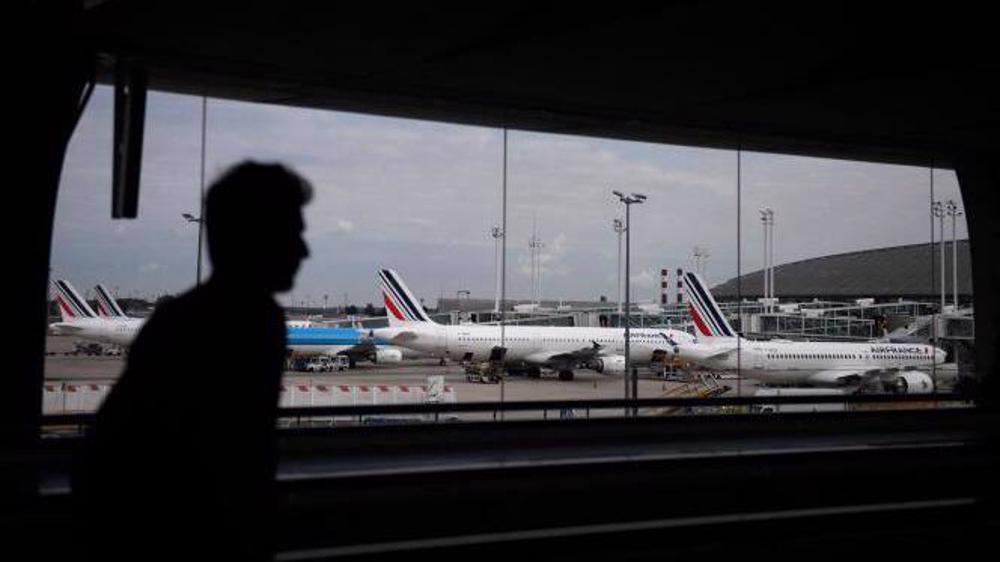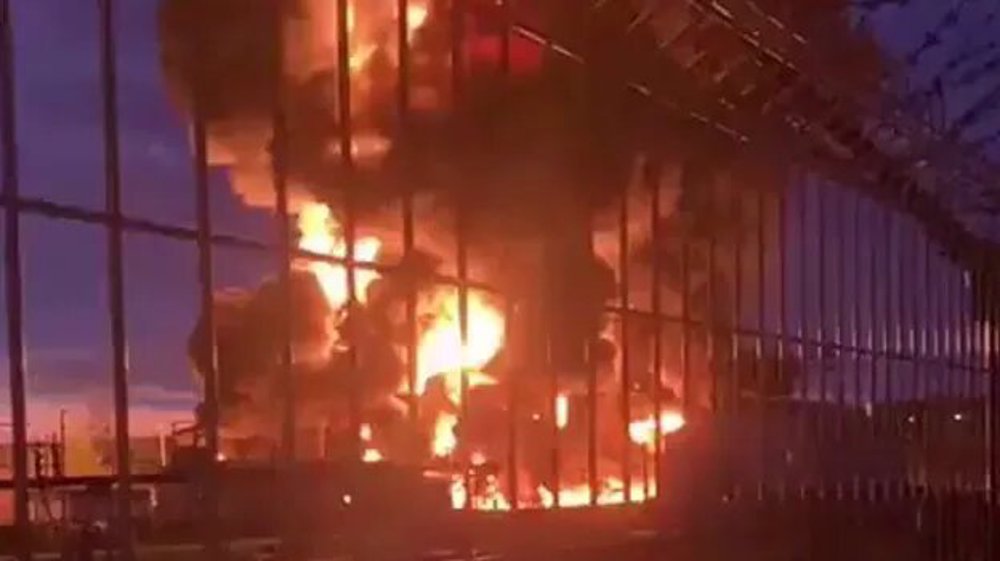Spanish archaeologists dig up more civil war dead from mass graves
Archaeologists in Spain have unearthed more bodies from mass graves dating back to the 1936-1939 civil war and the ensuing dictatorship of General Francisco Franco, including some still wearing rotting leather boots.
The digs in a local cemetery in Valladolid, central Spain, come amid renewed efforts by volunteer associations and victim campaign groups to shed a light on the bloody past and bring closure for relatives still searching for family members.
Four mass graves have now been excavated in Valladolid and 228 bodies recovered there since April 2016.
These graves are believed to be among more than 2,000 mass burial sites thought to exist across Spain from the civil war - an ideological struggle between right and left - more than 80 years ago.
Historians estimate as many as 500,000 combatants and civilians were killed on the Republican and Nationalist sides in the war. After it ended, tens of thousands of Franco's enemies were killed or imprisoned in a campaign to wipe out dissent.

"I hope that with forensic analysis we can find out who they once were," said Julio del Olmo, one of those working on the exhumations.
The local council in Valladolid partly financed the excavation, in one of the few examples to date of authorities backing such digs.
After Franco died in 1975, Spain passed an amnesty law in a bid to smooth the transition from dictatorship to democracy, pardoning the crimes of the fascist regime.
But there is increasing interest from new generations to face up to the past. For some, this lack of accountability meant that some of their relatives were never laid to rest.
Another similar, smaller-scale dig also took place in the village of Huesca near Zaragoza in northern Spain, at the request of a man searching for his great uncle. Two bodies were found there.
August 30 is the international day commemorating the victims of enforced disappearances.
(Source: Reuters)
Iran: US lacks competence to comment on human rights, freedom of expression
It could take 14 years to remove debris left by Israel war on Gaza: UN
Iran, China discuss military cooperation
Sanders to Netanyahu: 'Don’t insult American people’s intelligence'
Tehran economic conference: Raeisi hails Iran-Africa expansion of ties
VIDEO | Press TV's news headlines
Severe heat wave hits India as phase 2 of polling begins
What to expect after President Raeisi's visit to Pakistan












 This makes it easy to access the Press TV website
This makes it easy to access the Press TV website